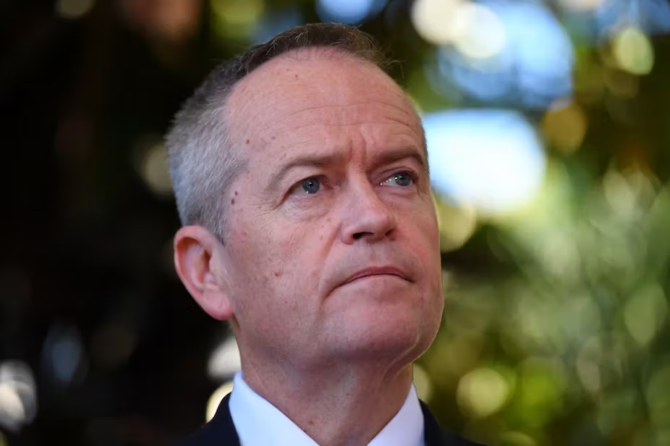
Exclusive: Shorten revives the Coalition’s failed NDIS reforms
Bill Shorten’s reform of the National Disability Insurance Scheme, forecast to cut $14.4 billion in growth over the next five years, reanimates critical elements of the previous Coalition government’s failed overhaul of the system – originally developed with assistance from one of the architects of robodebt.
The reform revives an explicit threat to punish disabled people with debts, even after they have accessed support – a measure Shorten campaigned against in opposition. It also gives the chief executive of the agency delivering the scheme extraordinary powers to cancel support entirely.
At the end of March, Shorten surprised disability advocates with new legislation despite promising they would be given an opportunity to “co-design” scheme reforms.
Nobody had seen the bill.
Many were told to sign non-disclosure agreements and, even then, were only briefed on the bill half an hour before the minister for government services and the NDIS rose in the House of Representatives to speak to it. Members of the government’s NDIS Participant Reference Group, such as Cat Walker and Uli Cartwright, who had also signed confidentiality agreements, weren’t briefed until the following day.
Since then, the bill’s implications have slowly become clear. While the disability community has cautiously welcomed the opportunity for reform, elements of the new legislation have contributed to a rising sense of concern.
Whether NDIS reforms succeed or fail, this moment represents a key turning point in the life of the landmark scheme. Shorten’s ministerial prospects also depend on it, as the May budget papers declared NDIS spending growth will shrink to an additional $1.5 billion over the next five years, instead of almost $16 billion. This reduction was predicated on the bill and “subsequent changes to NDIS rules and other legislative instruments” being passed by the parliament.
“I can proudly say that this government and myself have worked every day with the disability sector to do everything we can to make life on the NDIS and life for people with disability in Australia better,” Shorten told the parliament on March 27.
“We promised to make the NDIS a priority and not penalise people with disability for wanting to live fulfilled lives … And we promised to restore trust in the scheme.”
The bill, however, has been introduced before the government has even responded to its own NDIS review, led by the scheme’s “grandfather”, Bruce Bonyhady, and top public servant Lisa Paul. Entire sections of the new legislation claim to give effect to recommendations from the review but are, in fact, at odds with what was recommended. Some are years old, dating back to a wish list of amendments from the Coalition era.
Source: Read full article here
Leave a reply